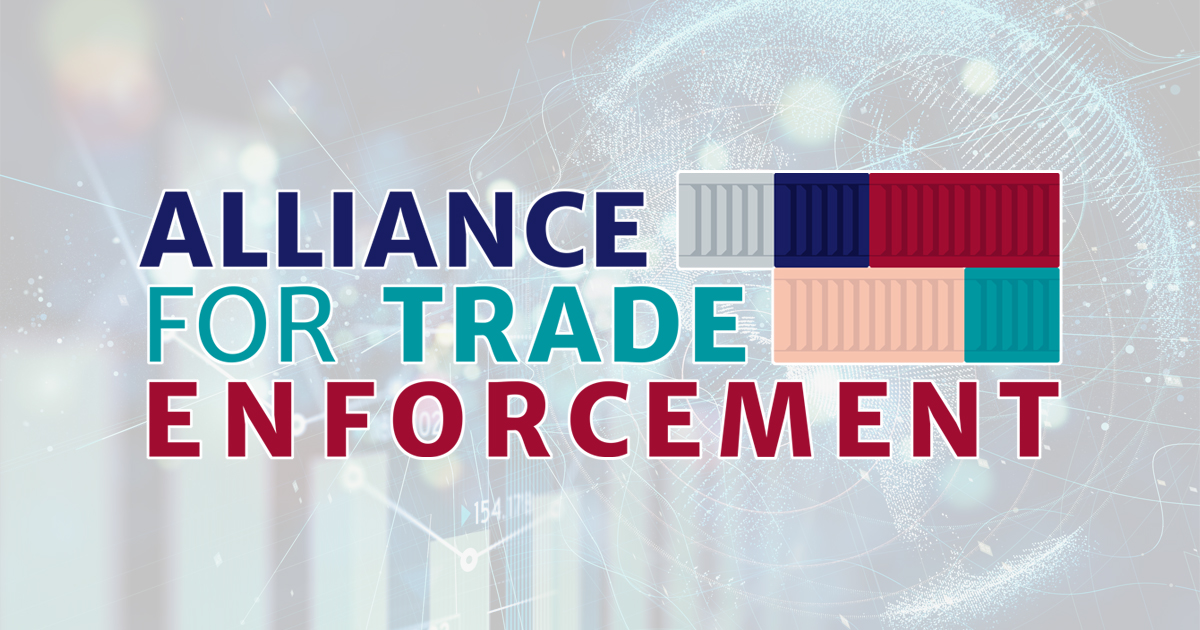
President Biden’s Indo-Pacific Trade Framework Should Have Enforcement Mechanisms, New Paper Asserts
WASHINGTON, D.C. (October 14) — The Biden-Harris administration’s Indo-Pacific Economic Framework — a proposed trading bloc of 14 nations accounting for 40% of the world’s economy — will be most likely to benefit American workers and companies if effective enforcement mechanisms are added. That’s the key assertion from a white paper released today by the Alliance for Trade Enforcement (AFTE), a coalition of business groups that advocates for holding foreign countries accountable for unfair trade practices.
“The Indo-Pacific Economic Framework holds the potential to set important new standards in an economically dynamic and strategically important region of the world for the United States,” said AFTE Executive Director Brian Pomper. “But without enforcement provisions that would hold trading partners accountable to the commitments they make in the framework, it will be difficult for the Indo-Pacific Economic Framework to deliver the job creation and economic growth that the officials expect and workers need.”
The Biden-Harris administration launched the framework in May 2022 as part of a strategy to demonstrate leadership in the Indo-Pacific region. The trade bloc aims to boost commerce between the United States and 13 partner countries: Australia, Brunei, Fiji, India, Indonesia, Japan, Korea, Malaysia, New Zealand, the Philippines, Singapore, Thailand, and Vietnam.
Negotiations are still in the early stages, but there has not yet been any public discussion of including any sort of dispute resolution mechanisms that would help avert or end future disagreements. AFTE’s white paper examines other trade deals to identify possible dispute resolution mechanisms that could be incorporated into the Indo-Pacific Economic Framework.
“Many Indo-Pacific Economic Framework nations maintain trade barriers that disadvantage U.S. companies,” explained Pomper. “It’s critical that the framework not only dismantles these barriers, but also includes enforcement mechanisms to hold other countries accountable for the commitments they make, especially those on trade and commercial issues.”
About the Alliance for Trade Enforcement: The Alliance for Trade Enforcement is a coalition of trade associations and business groups that advocates for foreign governments to end unfair trade practices that harm U.S. innovative industries and supports U.S. policymakers in their efforts to hold our trading partners accountable.

